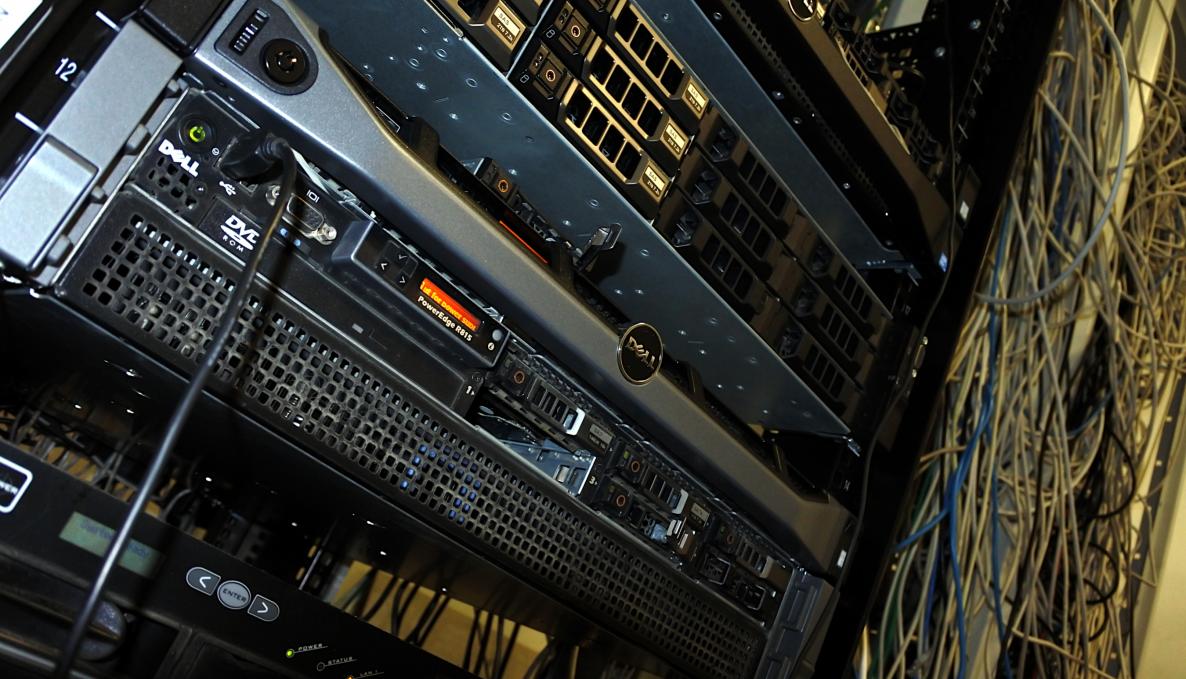The TeCIP Institute of Sant’Anna School and Vodafone renew the research collaboration on the use of AI techniques to support operations in data-centers for Network Function Virtualization

The research collaboration between the mobile operator Vodafone and the TeCIP Institute (Telecommunications, Computer Engineering, and Photonics) of Sant’Anna School has been renewed once again, throughout year 2023. The project, started in 2018, has the objective to optimize the operations of monitoring and management of the Vodafone data-centers for Network Function Virtualization (NFV). It involves a team of the TeCIP institute led by Tommaso Cucinotta, professor of Computer Engineering of the Scuola, and the Vodafone team focusing on Cloud Solution, Orchestration ed Intelligence, distributed throughout Europe, India and Egypt, led by Antonino Artale. In this context, the use of Artificial Intelligence and Machine Learning techniques is being investigated, with the aim to realize innovative software solutions for monitoring, anomaly detection and performance troubleshooting, of the operator NFV data-centers.
In the area of network operators, Network Function Virtualization (NFV) is realizing a technological revolution. Network functions are traditionally deployed using dedicated hardware devices, sized for the peak hour, with the consequence of substantial under-utilization of the physical resources. With NFV, these functions are replaced by software-based implementations, deployed as virtual machines within general-purpose servers, which can be shared among a multitude of services of the operator. This allows an unprecedented flexibility level in resource management, drawing from principles that are well-known from Cloud Computing providers. For example, it is possible to orchestrate each network function adapting its computational capability to the instantaneous workload levels, expanding or shrinking the virtual machine group size as needed. These mechanisms, strongly integrated within 5G mobile telephony architectures, are at the foundation of modern networking infrastructures able to guarantee low and predictable latencies, despite the high variability of the networking workloads, and the amount of anomalies continuously happening within the infrastructure, also due to cyber-security attacks. This way, it is possible to provide networking services that enable new-generation industrial use-cases with stringent latency and reliability requirements, like for example robot control in Industry 4.0, or intelligent control of autonomous systems.
In this context, the research collaboration with the Sant’Anna School allowed for the investigation of Artificial Intelligence and Machine Learning techniques to improve a multitude of monitoring and control functions for NFV data centers. Indeed, through the use of Deep Neural Networks (DNNs), and, specifically Recurrent Neural Networks (RNNs), it is possible to perform accurate predictions of the future evolution of the traffic, both on in the long/medium term, and in the short term. The former is useful to provide intelligent capacity planning, once integrated with optimal virtual-machine placement techniques; the latter enables the realization of effective anomaly detection techniques, spotting deviations from the predictions.
Since year 2018, the collaboration in the above topics produced a number of scientific publications and filed patents. Furthermore, open data-sets have been published and made available to the research community, to support Open-Science and reproducibility of research results.
The collaboration with Vodafone adds up to the other collaborations the TeCIP Institute carries out with prestigious national and international industrial realities, which constitute a further opportunity for researches at Scuola Sant’Anna to put to the test novel Artificial Intelligence and Machine Learning techniques in real use-case scenarios for improving the Telecommunication services of tomorrow.
Further readings on the topic
Interested readers can find additional information within the following articles recently published within the collaboration:
- "Optimum VM Placement for NFV Infrastructures", IC2E 2022
- "Near Real-Time Anomaly Detection in NFV Infrastructures", IEEE NFV-SDN 2022
- "Forecasting Operation Metrics for Virtualized Network Functions", IEEE CCGRID 2021



